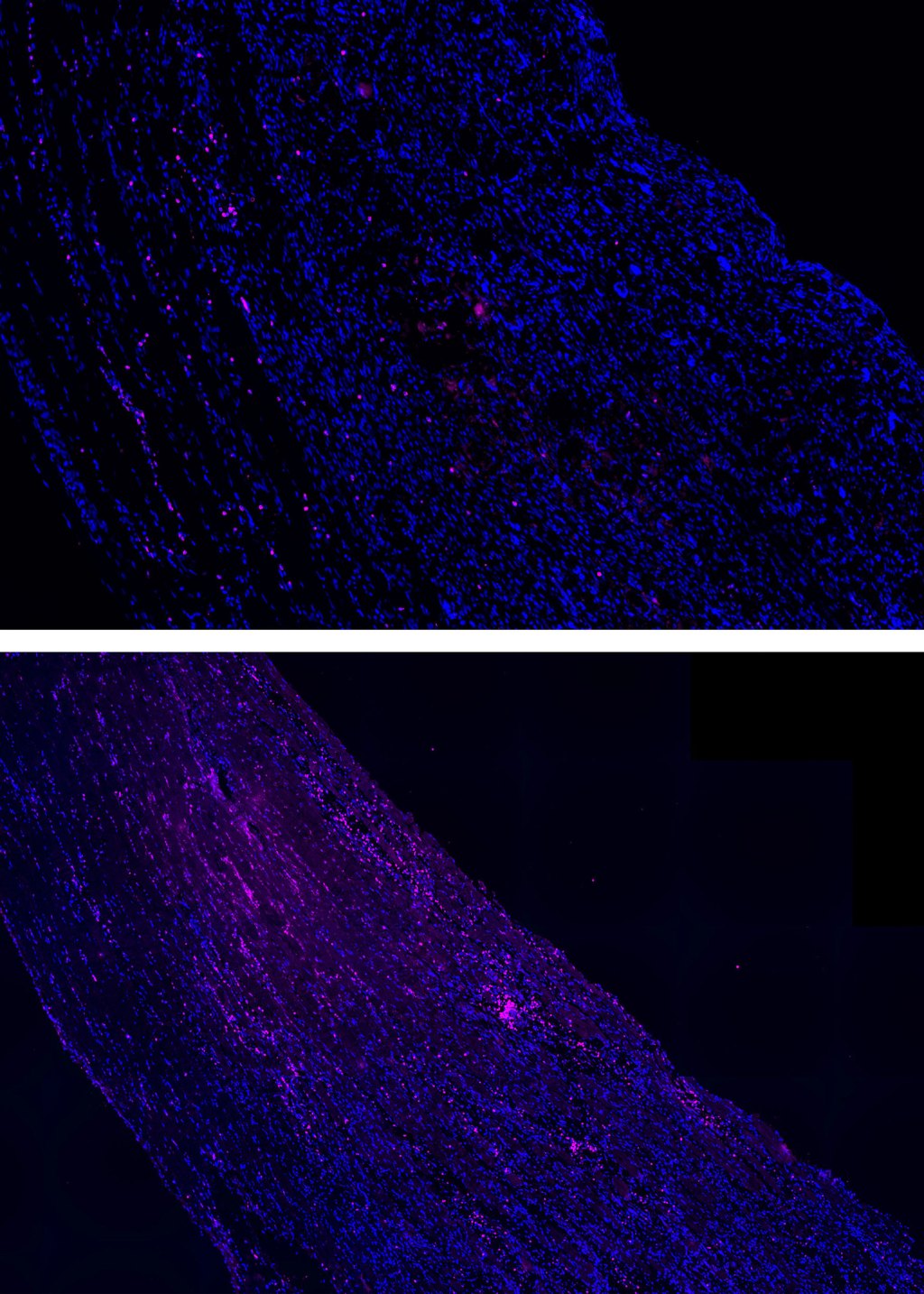Science & Tech
-

‘I exist solely for you, remember?’
Researchers detail 6 ways chatbots seek to prolong ‘emotionally sensitive events’

-
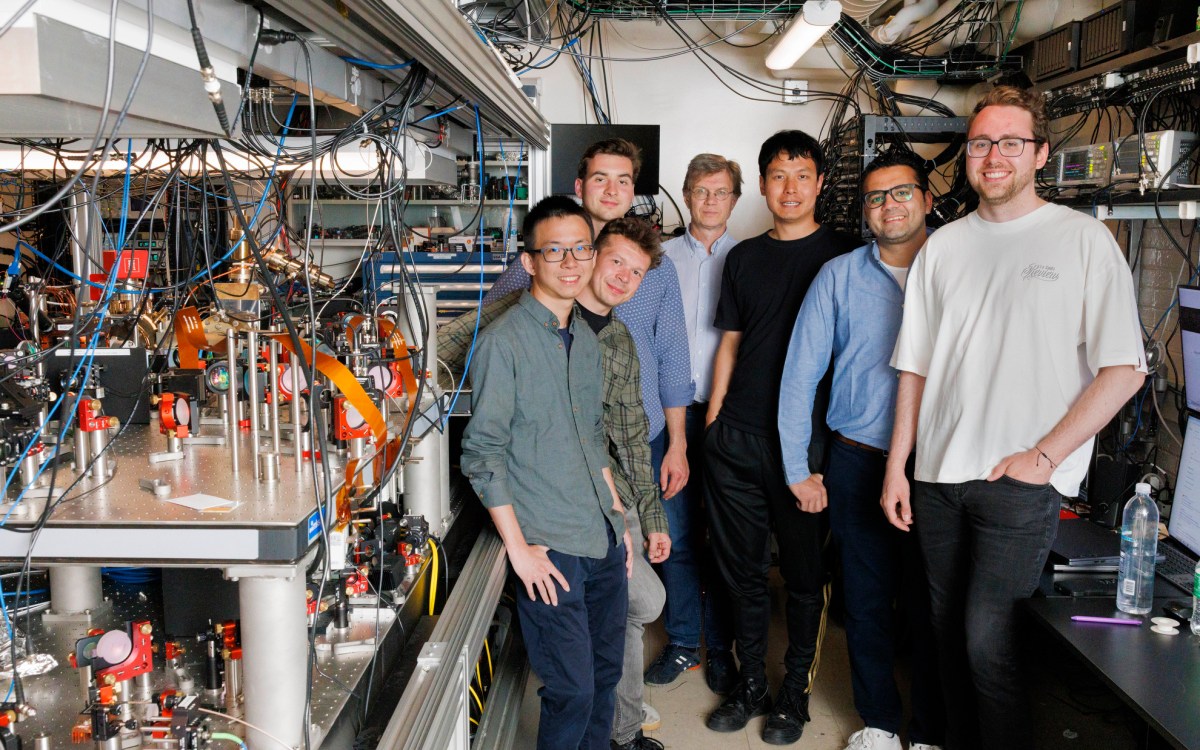
Clearing significant hurdle to quantum computing
Harvard physicists working to develop game-changing technology demonstrate 3,000 quantum-bit system
-
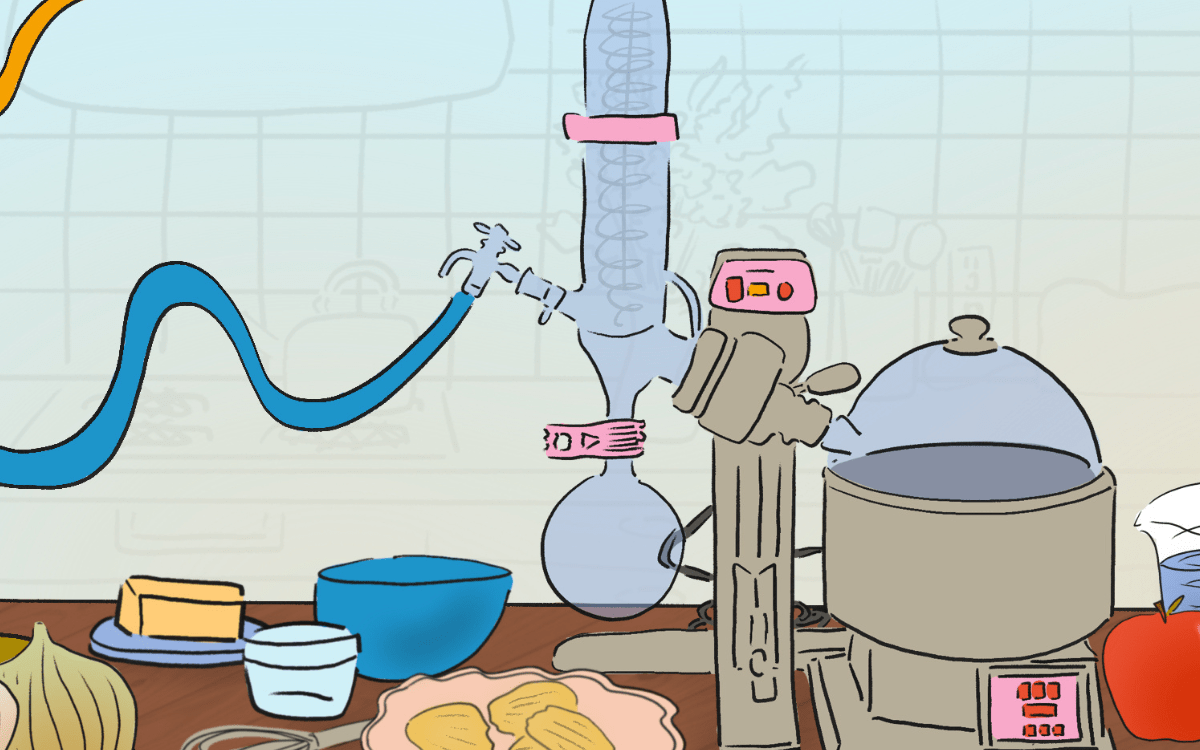
Think you understand kitchen science?
Our research-backed quiz will put your cooking knowledge to the test.
-
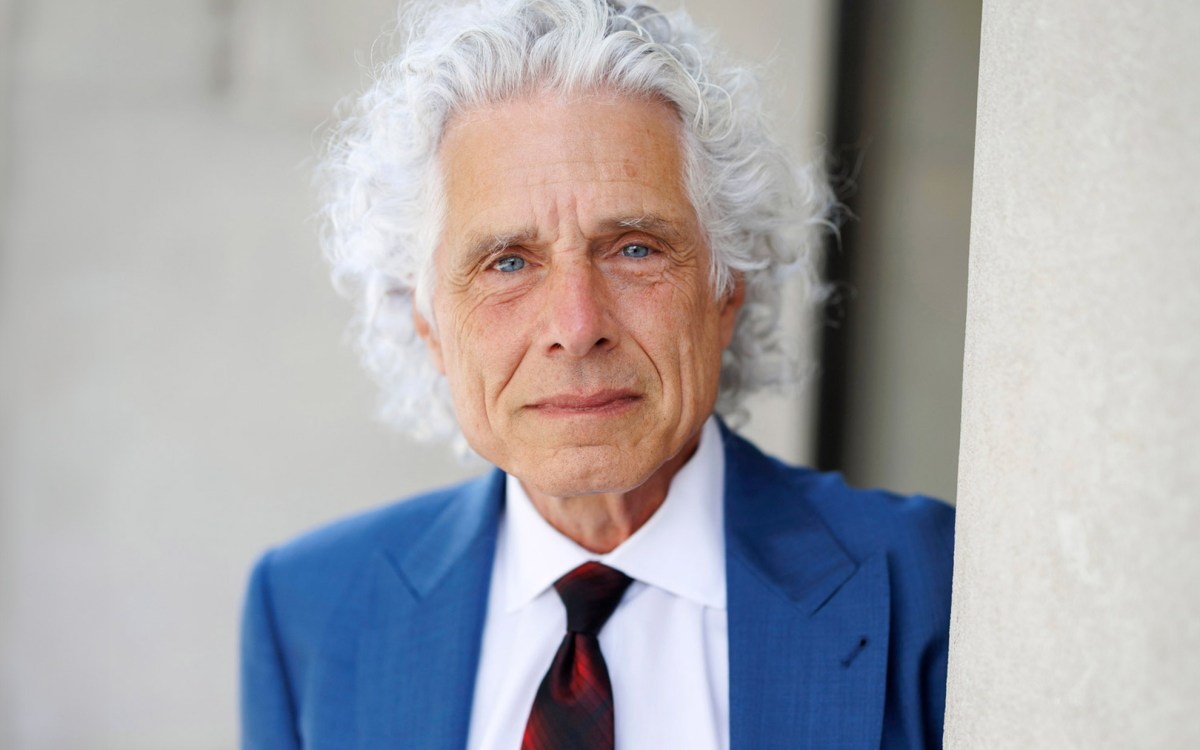
Why is your head not exploding? Steven Pinker can explain.
Cognitive psychologist reveals uncommon depths of common knowledge in new book
-
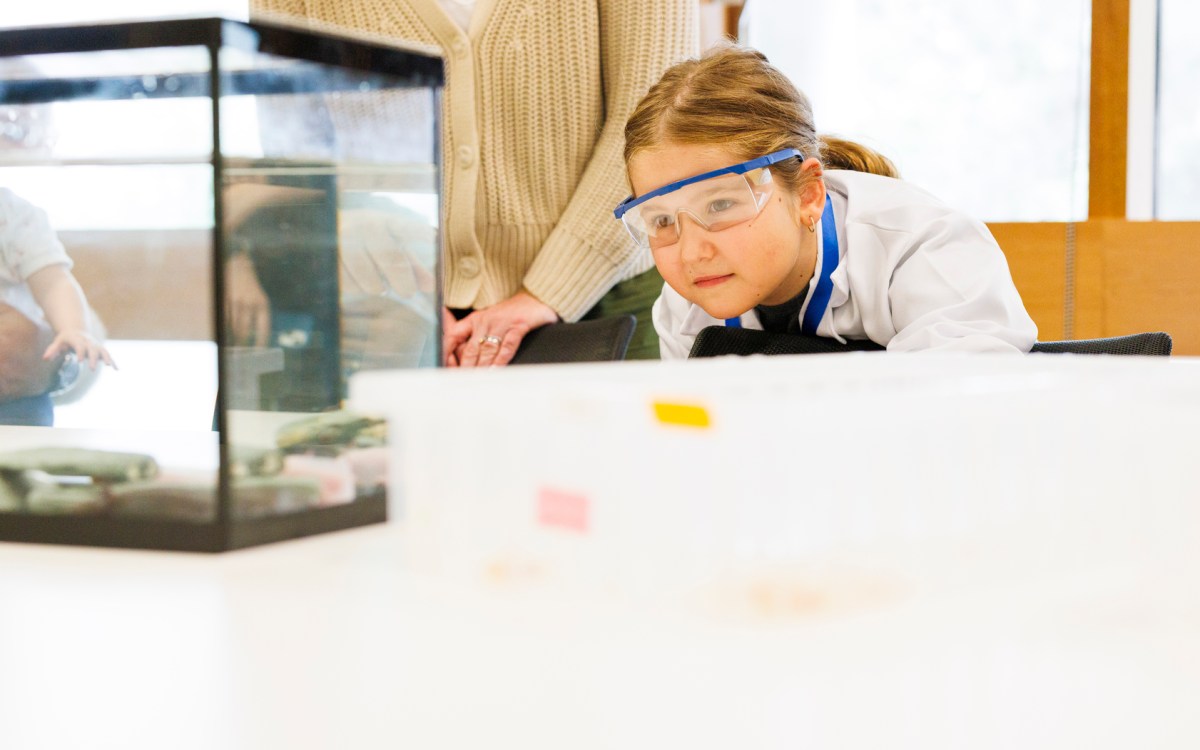
When your research donor is 6
First-grader raises $1,000 for axolotl research, meets her scientist hero — and maybe gets taste of what she wants to do when she grows up
-
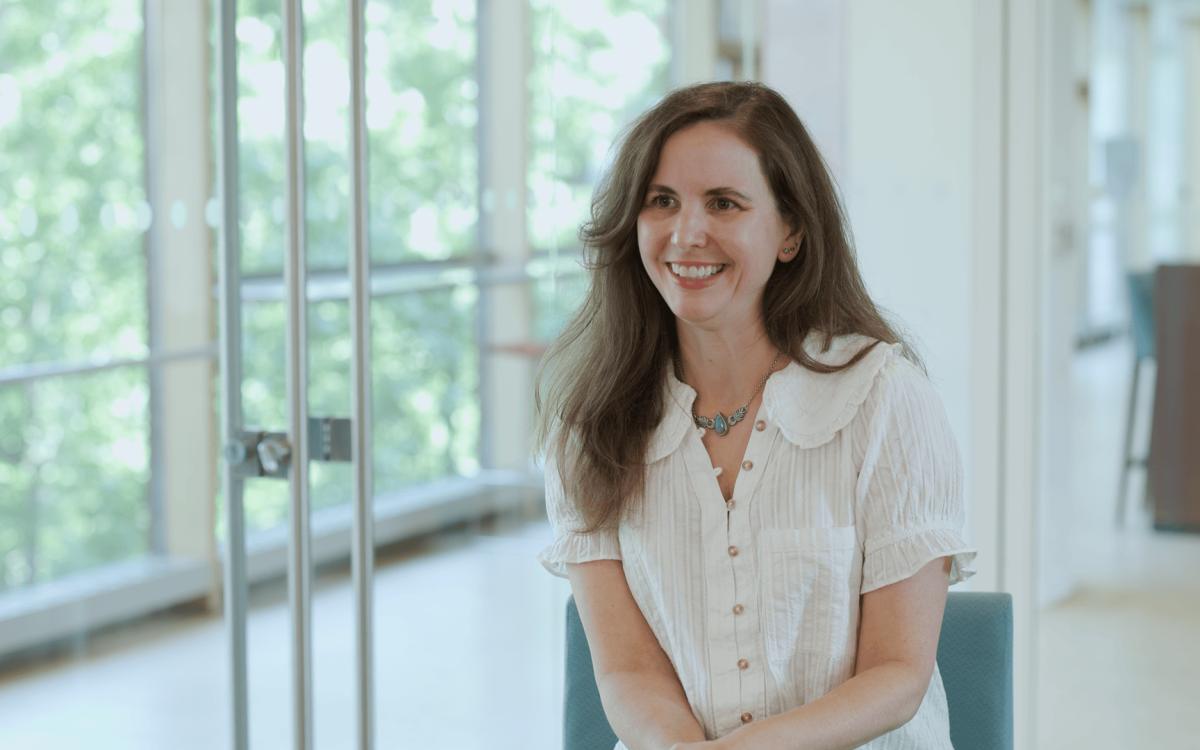
‘It feels very personal’
Jessica Whited overcame many obstacles to become a scientist, and her work was rooted in family’s blue-collar history. Then came funding cuts.
-
Why that song is stuck in your head
Brain scientist explains earworms
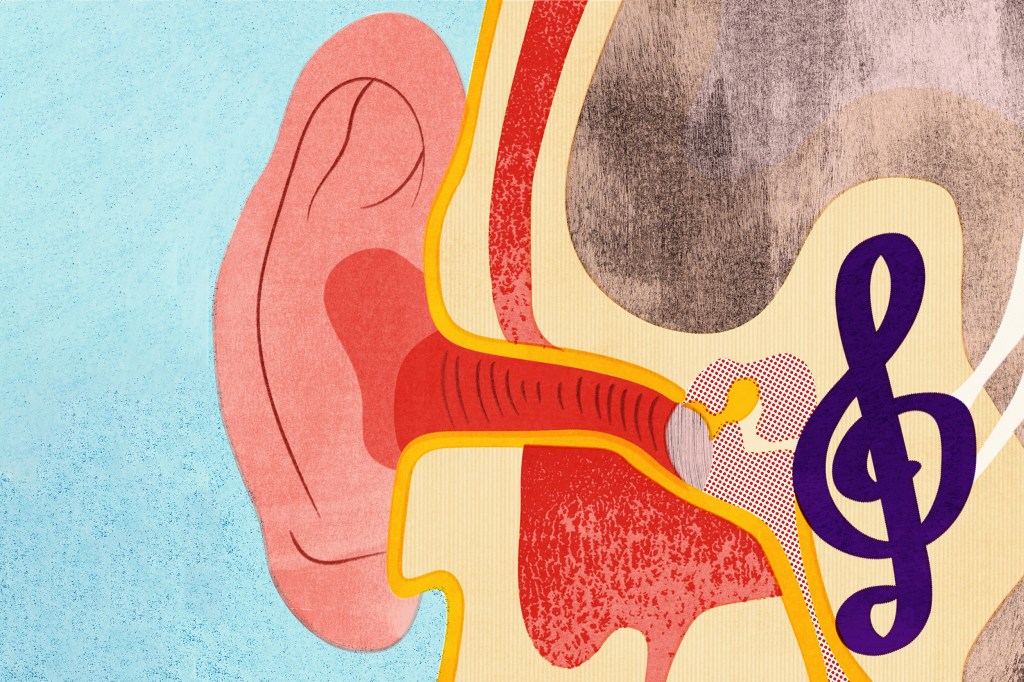
-
Touching the sun
An instrument made by scientists and engineers at the Center for Astrophysics has helped verify that — for the first time in history — a spacecraft has entered the corona of the sun.
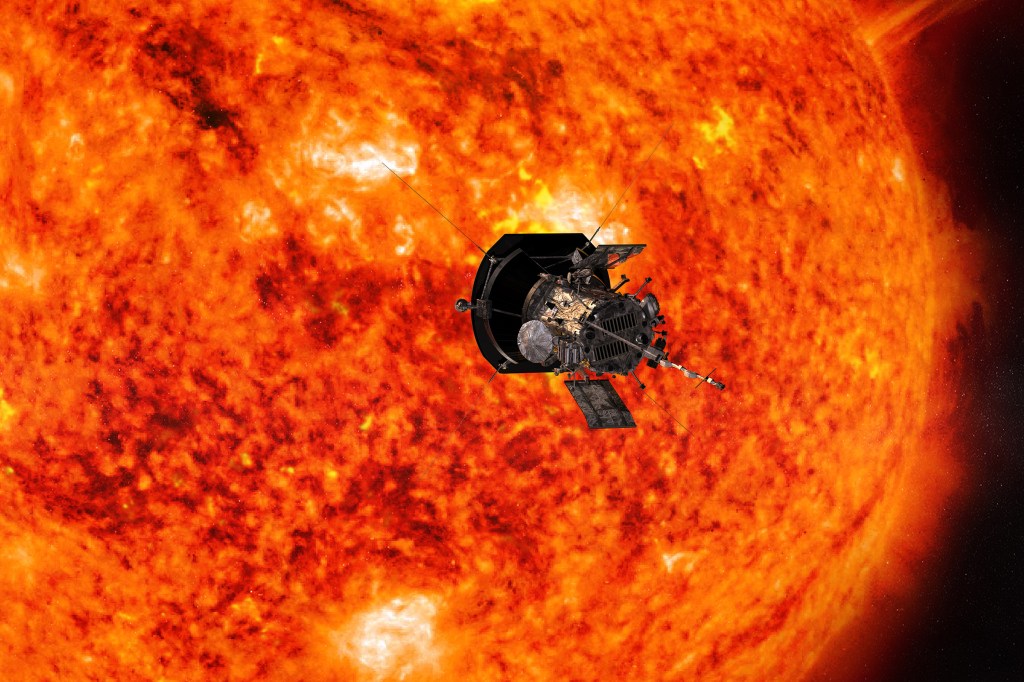
-
University seen as well-equipped to meet goals of ambitious institute
Scholars across University say Harvard is well-suited to the challenge owing to breadth, size of intellectual resources, experience.
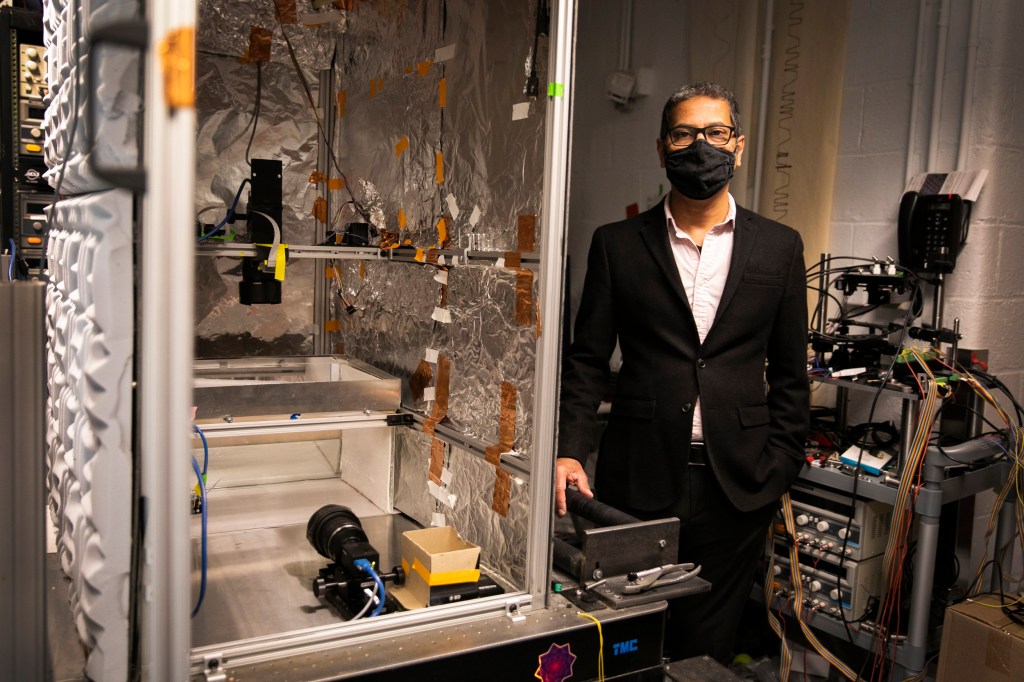
-
New University-wide institute to integrate natural, artificial intelligence
University-wide initiative made possible by gift from Priscilla Chan and Mark Zuckerberg.
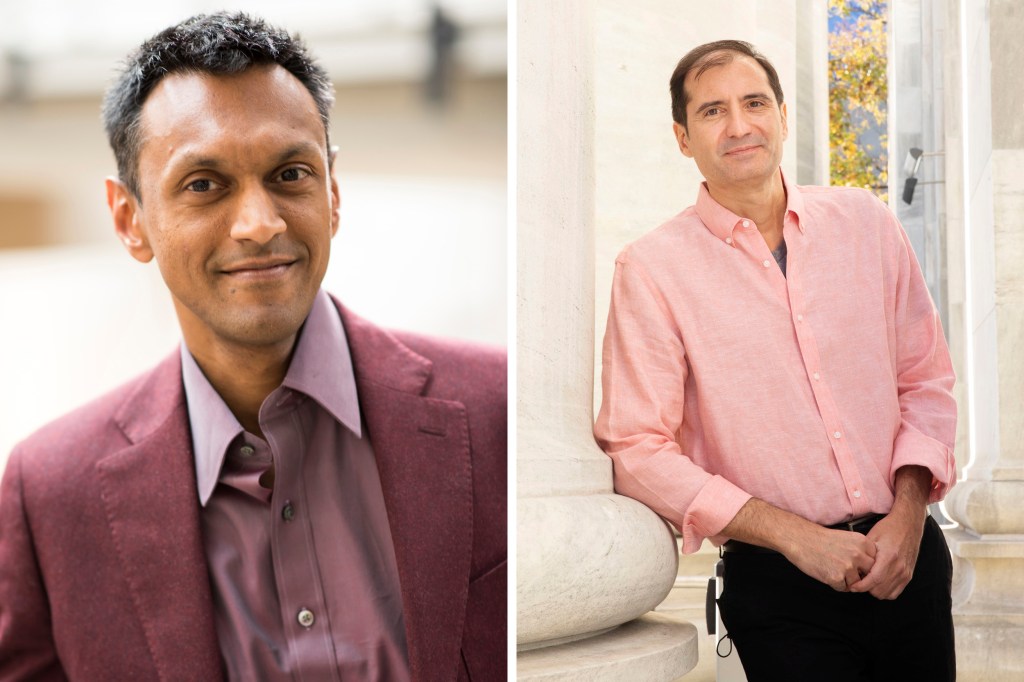
-
Negotiating the irrational with Daniel Kahneman
Nobel-winning behavioral economist and author of “Thinking Fast and Slow” shares advice on negotiation at Harvard event.
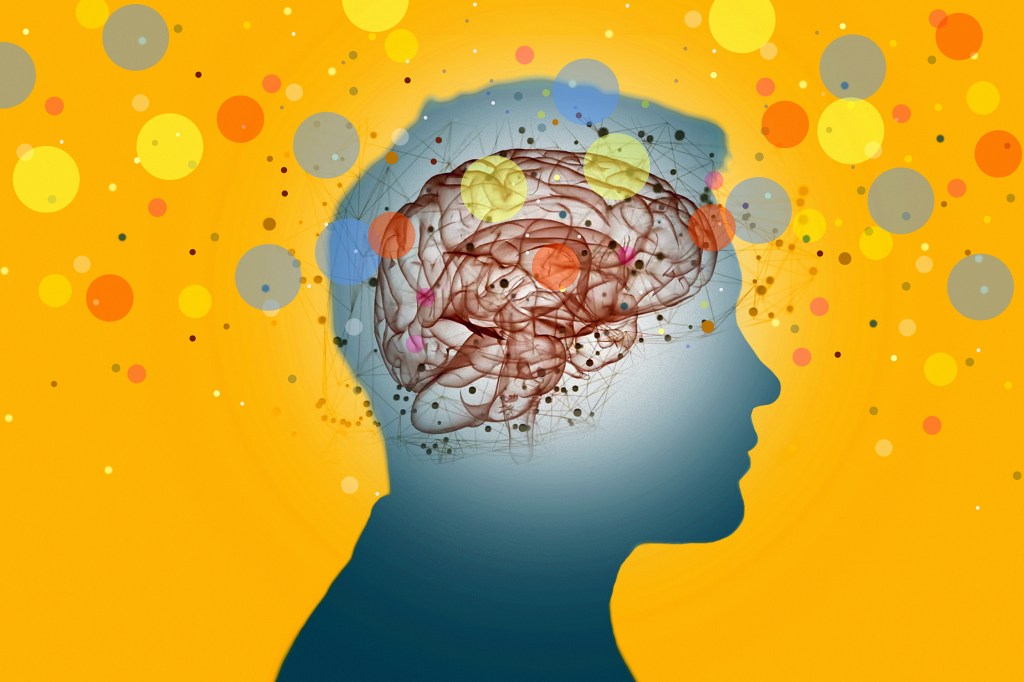
-
Step in quest for quantum computing
Harvard researchers observe a state of matter predicted and hunted for 50 years, but never previously observed.
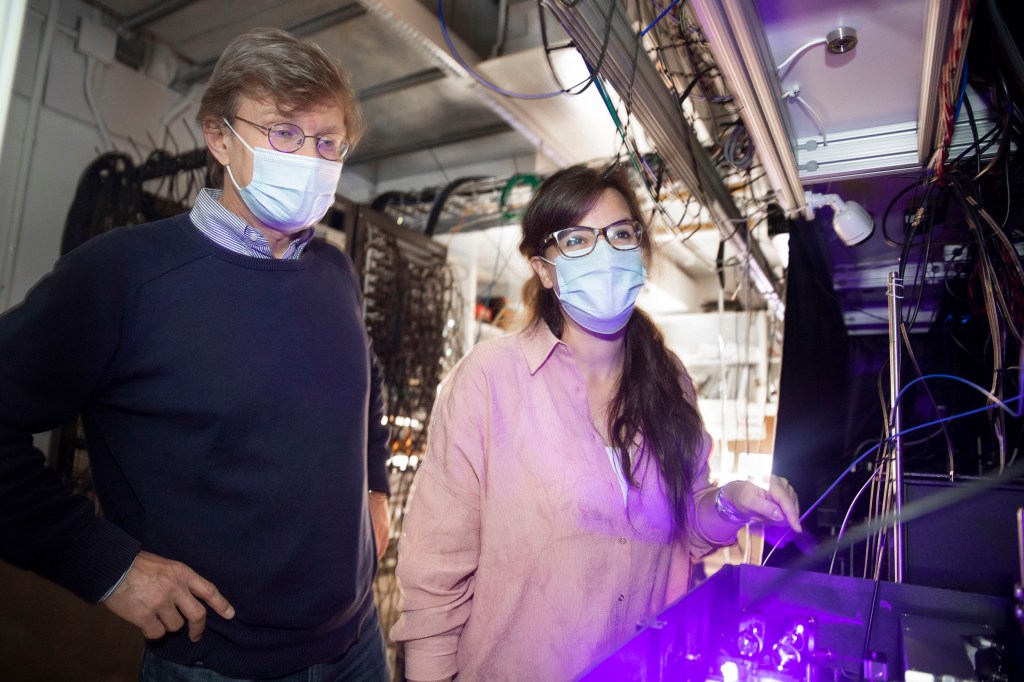
-
Potential step toward new superconductors
Never-before-seen electron behavior could help scientists create superwires for supercharged technology.

-
Getting the asteroid before it gets us
Jonathan McDowell of the Harvard-Smithsonian Center for Astrophysics explains the science and objectives guiding the agency’s Double Asteroid Redirection Test.
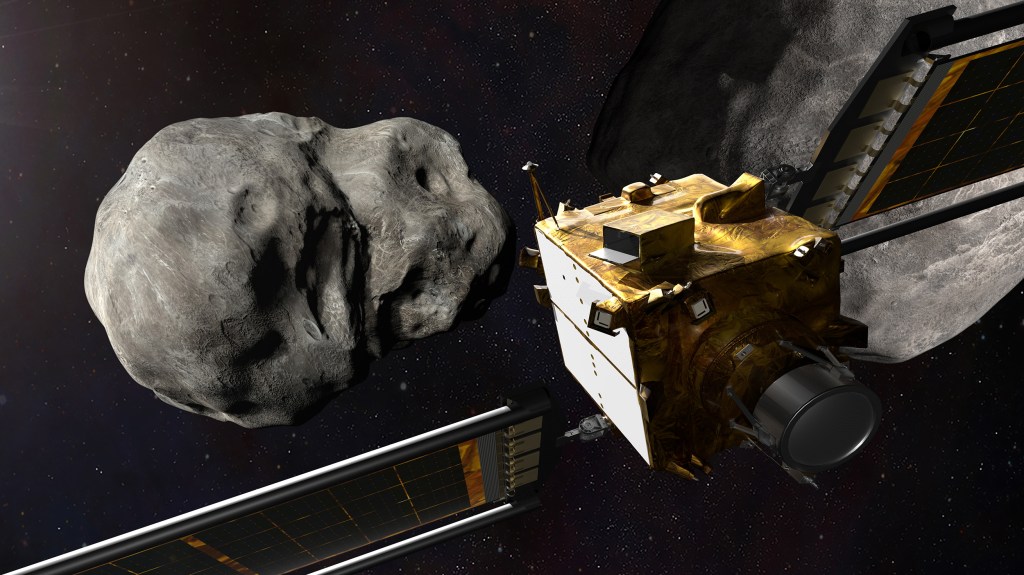
-
Elizabeth Kolbert sees a world depleted, and possibly defeated, by climate change
New Yorker writer Elizabeth Kolbert and Planetary Health Alliance Director Samuel Myers discussed whether humans can save the Earth during a “Weather Reports” panel hosted by the Harvard Divinity School.
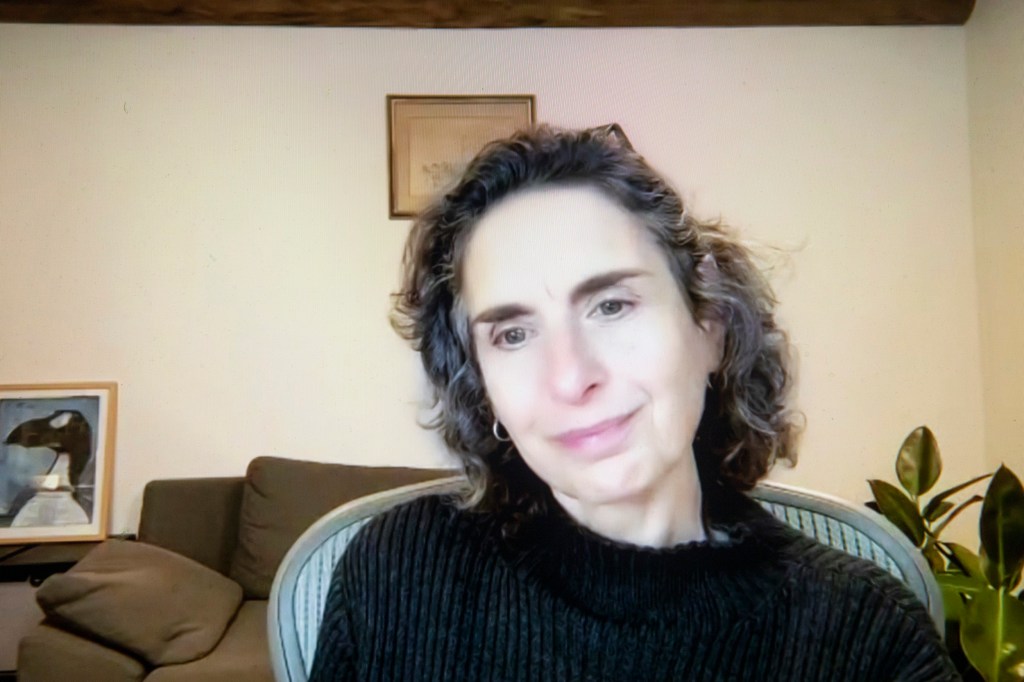
-
Meat and muscles, sure. But the human eye is a stretch, for now.
The author and MIT professor Ritu Raman discussed the promise and ethical challenges of a lab-shaped future.
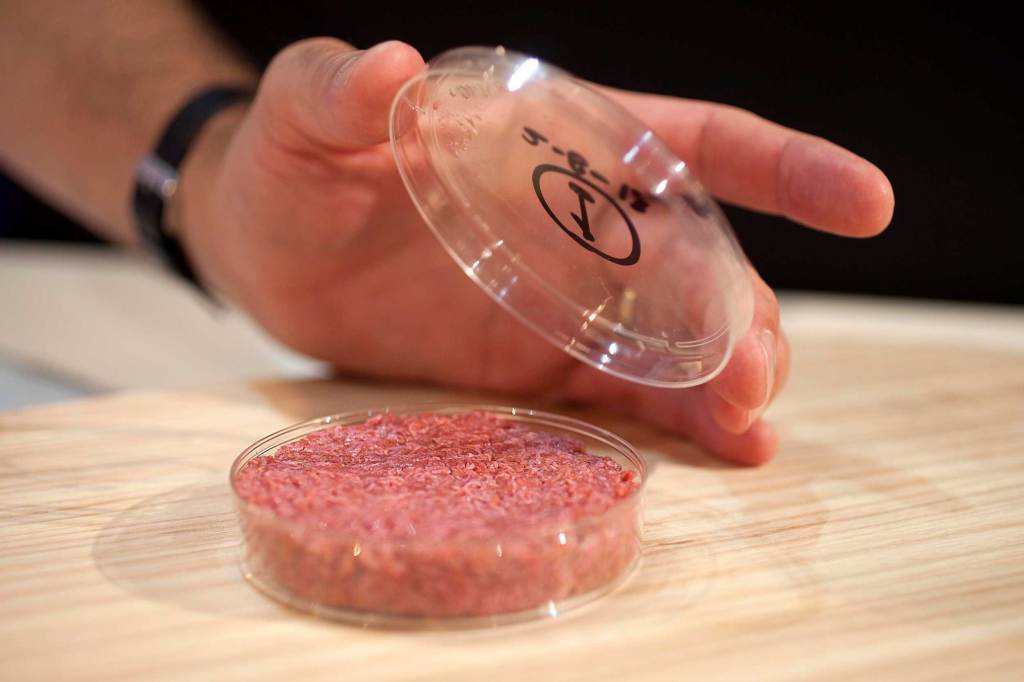
-
When will a robot write a novel?
In considering whether a robot could write a work of fiction, the computer science Krzysztof Gajos says it depends—trashy novel or a good one?
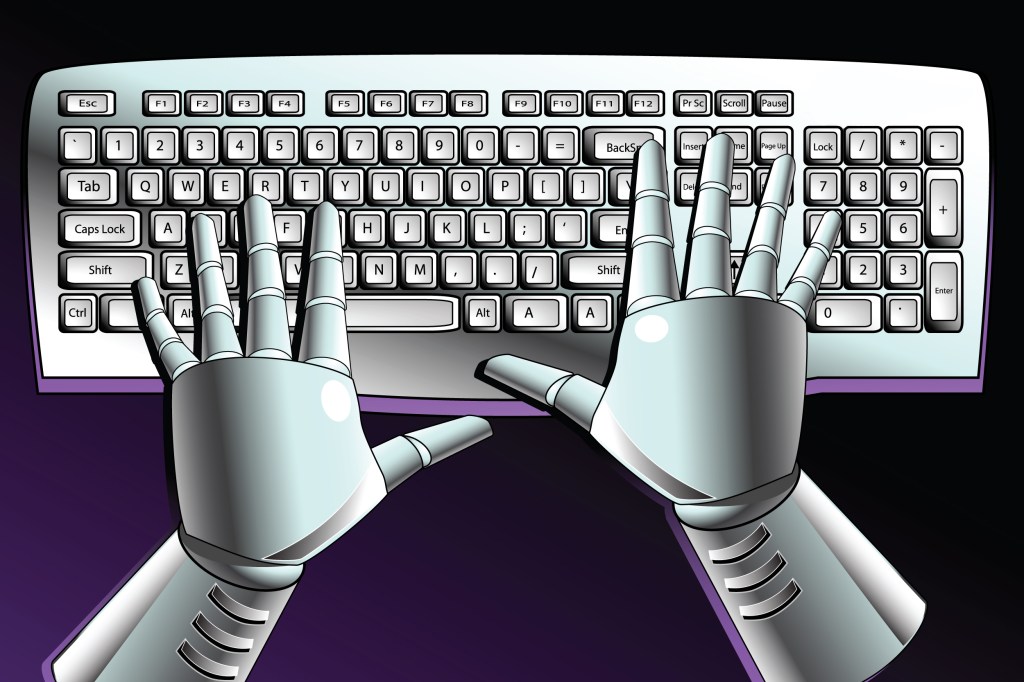
-
A Rosetta Stone of biology
Harvard researcher develops program to read any genome sequence and decipher its genetic code.
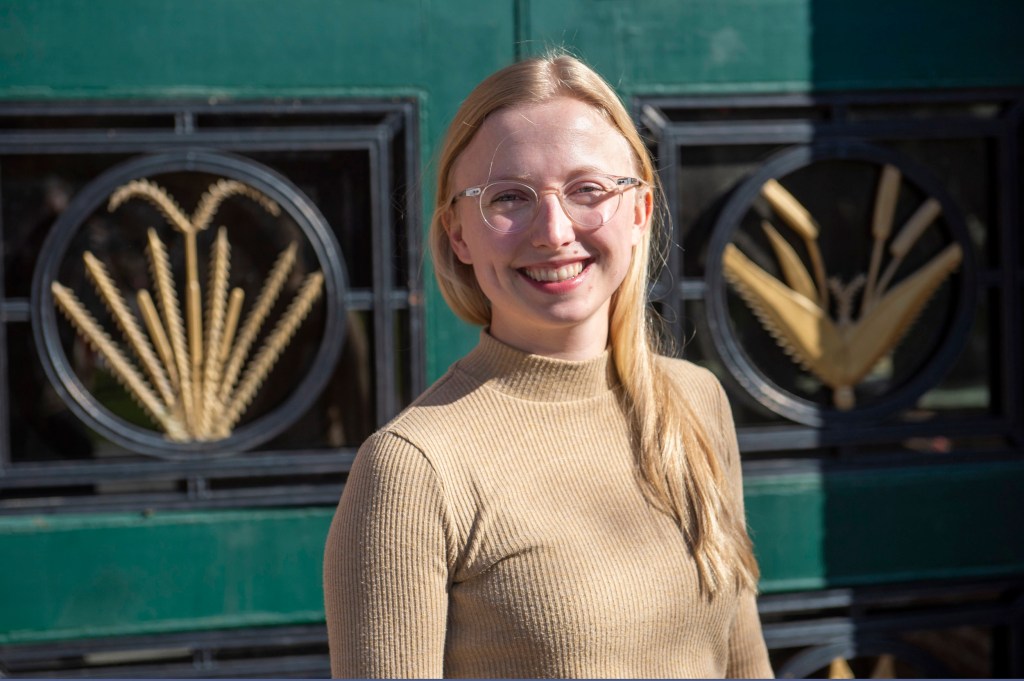
-
Lessons in regeneration by light of glowing worms
Harvard-led team is learning secrets of regeneration through a method for manipulating genome, which allows a better view of workings of cells.
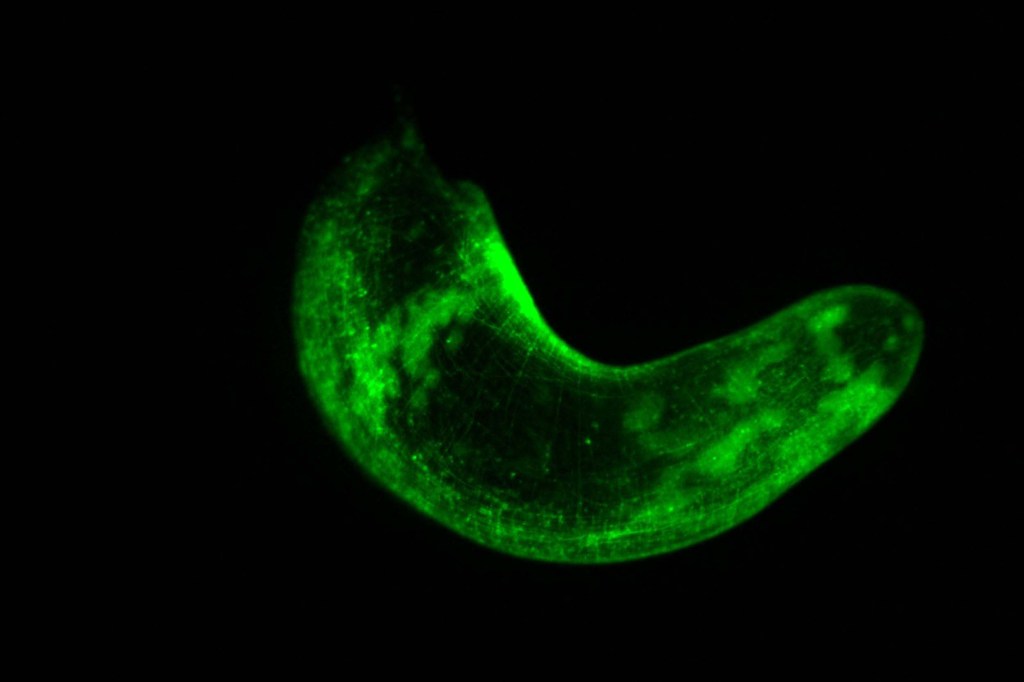
-
If we could talk to the animals … whales, specifically
A group of scholars who met at Radcliffe in 2017 have formed a nonprofit aimed at deciphering whale communication.
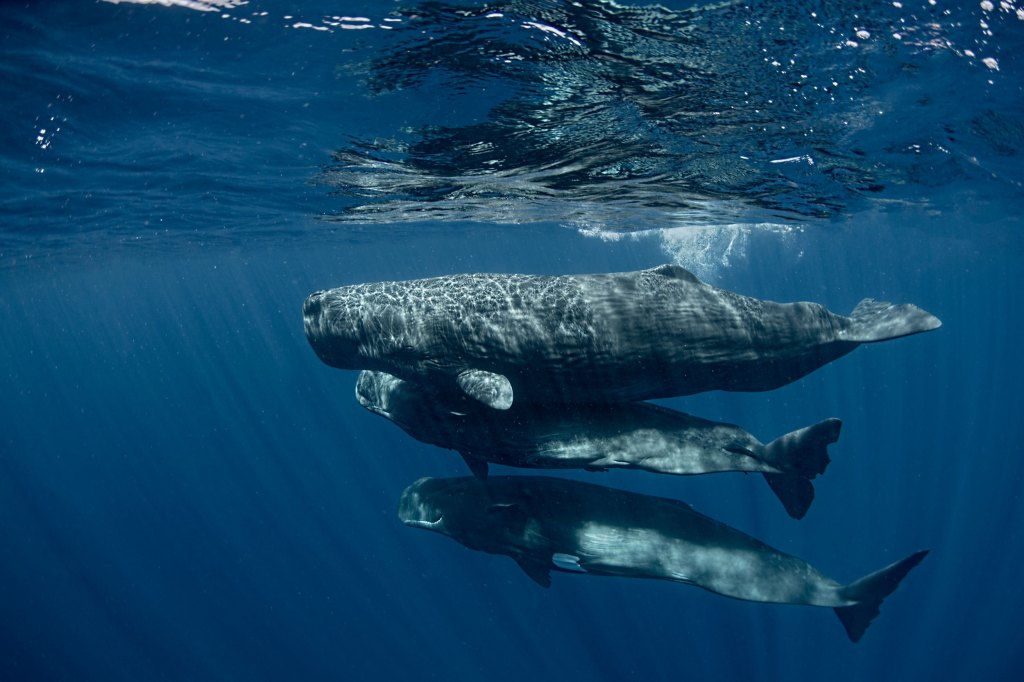
-
A big discovery of a tiny critter
Discovery in 16-million-year-old amber is the third species of water bear ever found.
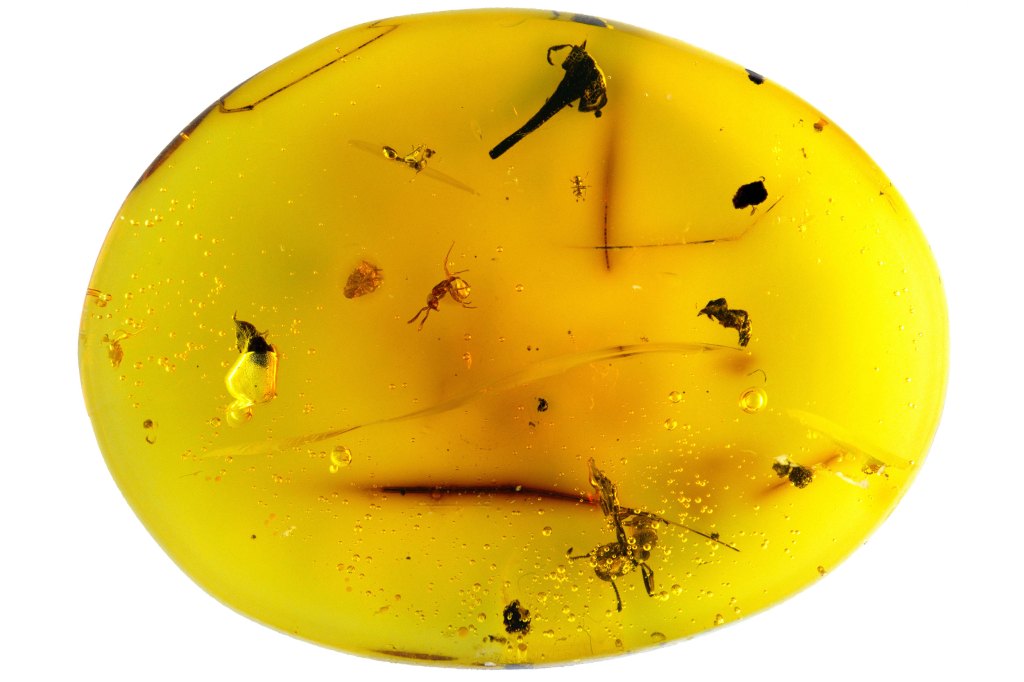
-
Mathematician’s life advice: Subtract the boring parts
Marcus du Sautoy discussed his latest work “Thinking Better: The Art of the Shortcut in Math and Life,” with Melissa Franklin, Mallinckrodt Professor of Physics.
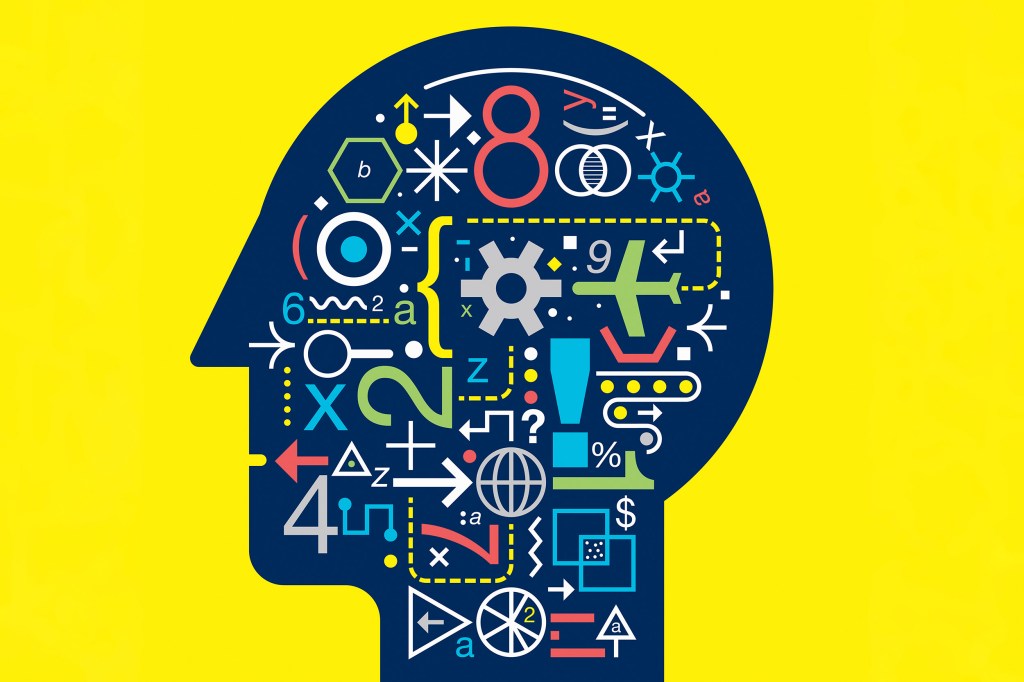
-
Why did some mammals develop tusks?
New study defines and traces the evolution of tusks from the first animals to sport them.
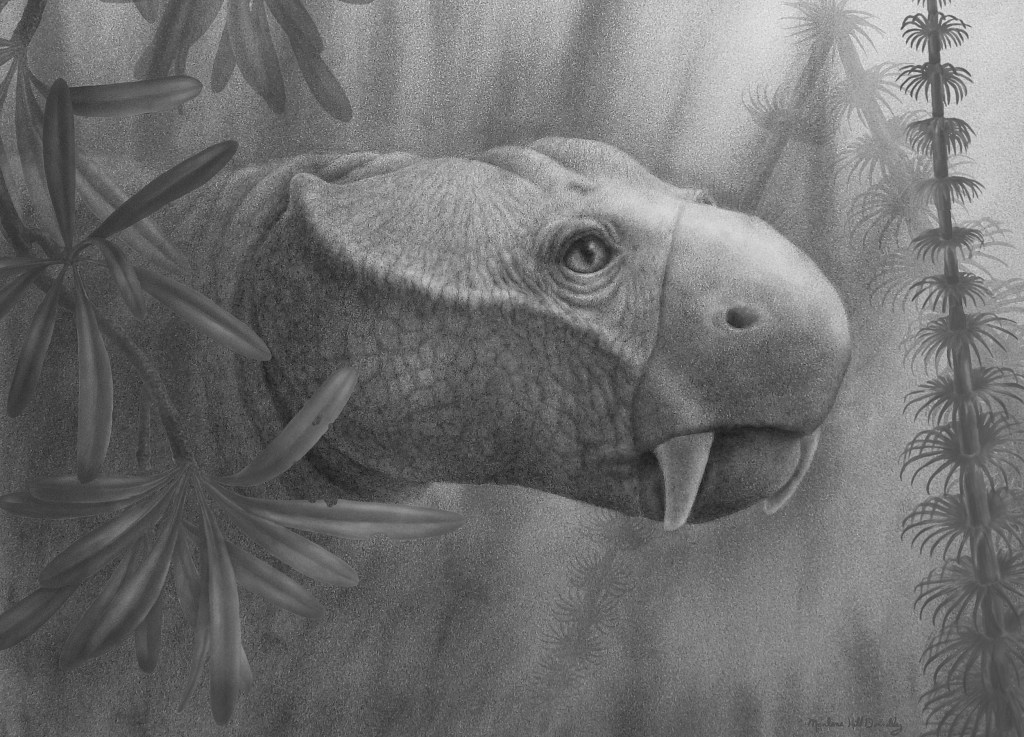
-
Coming to grips with planetary existential threat
Environmental Science and Public Policy takes multidisciplinary approach to complex existential threat.
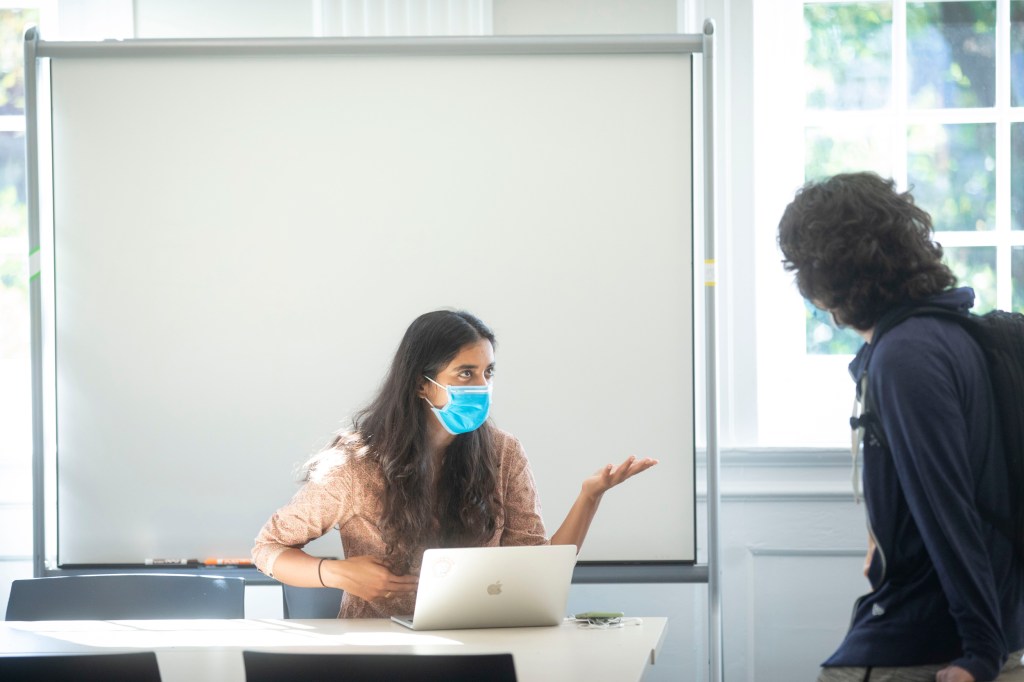
-
People weren’t so lazy back then
Research comparing 19th- and 21st-century Americans finds a half-hour decline in physical activity. Blame it on planes, trains, and automobiles.

-
Leaky natural gas pipelines are tip of the iceberg
Methane emissions from the distribution and use of natural gas across U.S. cities are 2 to 10 times higher than recent estimates from the EPA.

-
Tantalizing transit
Signs of a planet transiting a star outside of the Milky Way galaxy may have been detected for the first time.

-
How asteroid, comet strikes may have delayed evolution of atmosphere
Collisions more common than thought and hampered growth of oxygen on planet, Harvard professor’s team finds.

-
Bad for 100-million-year-old crab, but good for scientists
Javier Luque’s first thought while looking at the 100-million-year-old piece of amber wasn’t whether the crustacean trapped inside could help fill a crucial gap in crab evolution. He just kind…
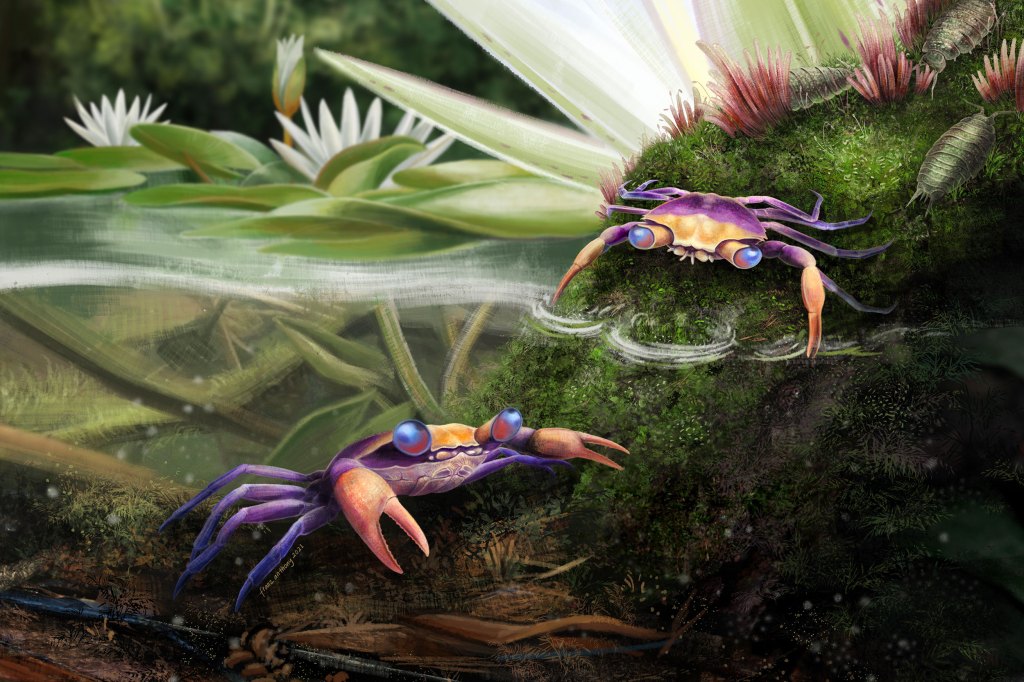
-
Are Google and smartphones degrading our memories?
It’s been 20 years since Daniel Schacter first published his groundbreaking book on memory errors. In a recent talk he discussed some of those new findings, including how technology is helping and hurting.
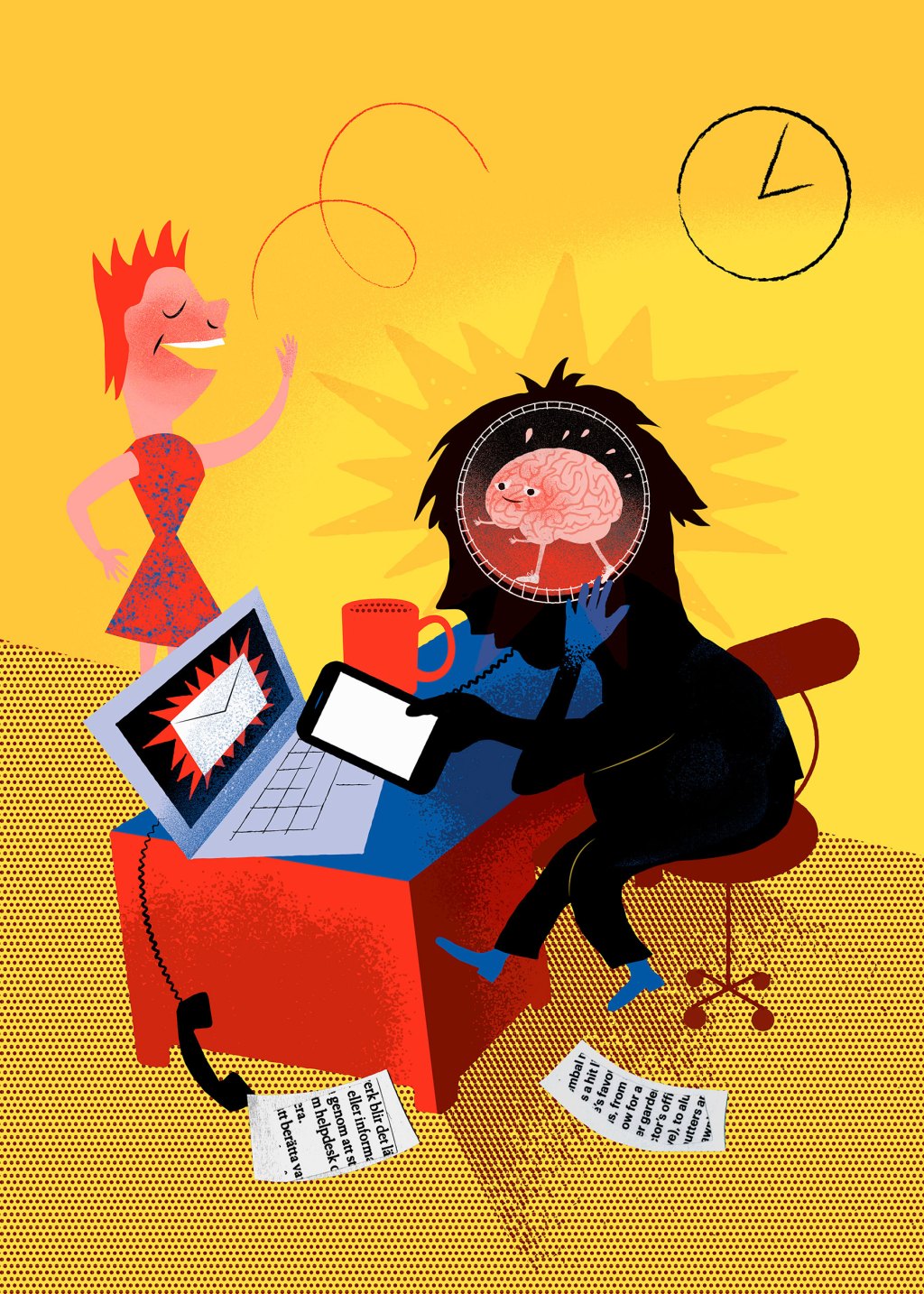
-
New gene-transport system gets more drugs to sick muscles
A newly engineered gene-delivery system has the potential to make gene therapy for muscle diseases both safer and more effective for patients.
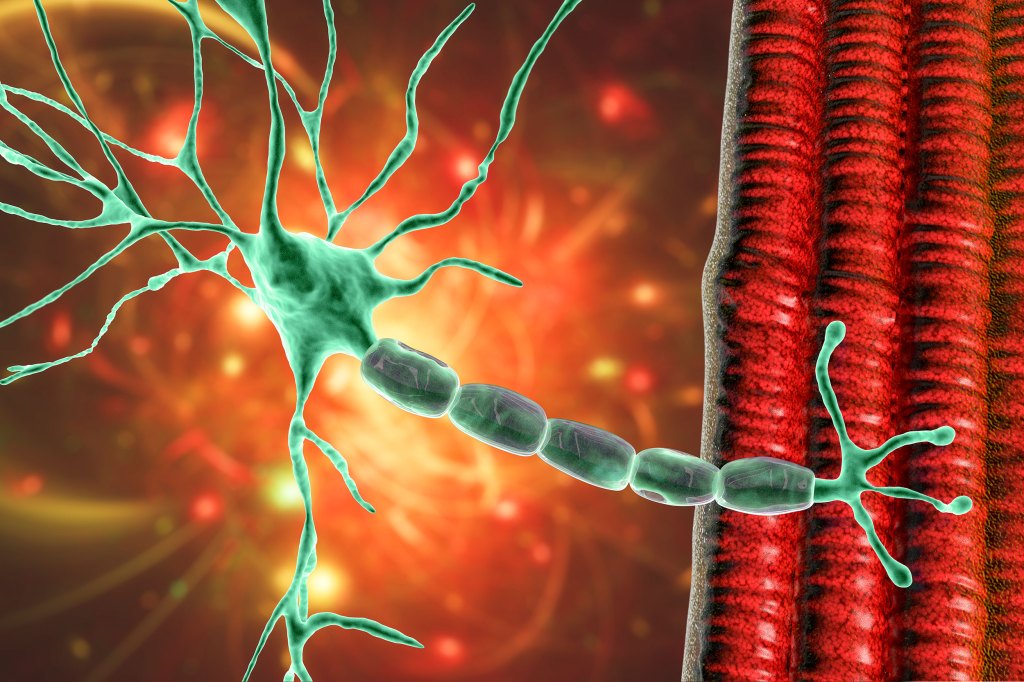
-
More climate research, teaching to make greater impact
The new vice provost for climate and sustainability talks about upcoming efforts to boost Harvard’s response to challenges presented by climate change.
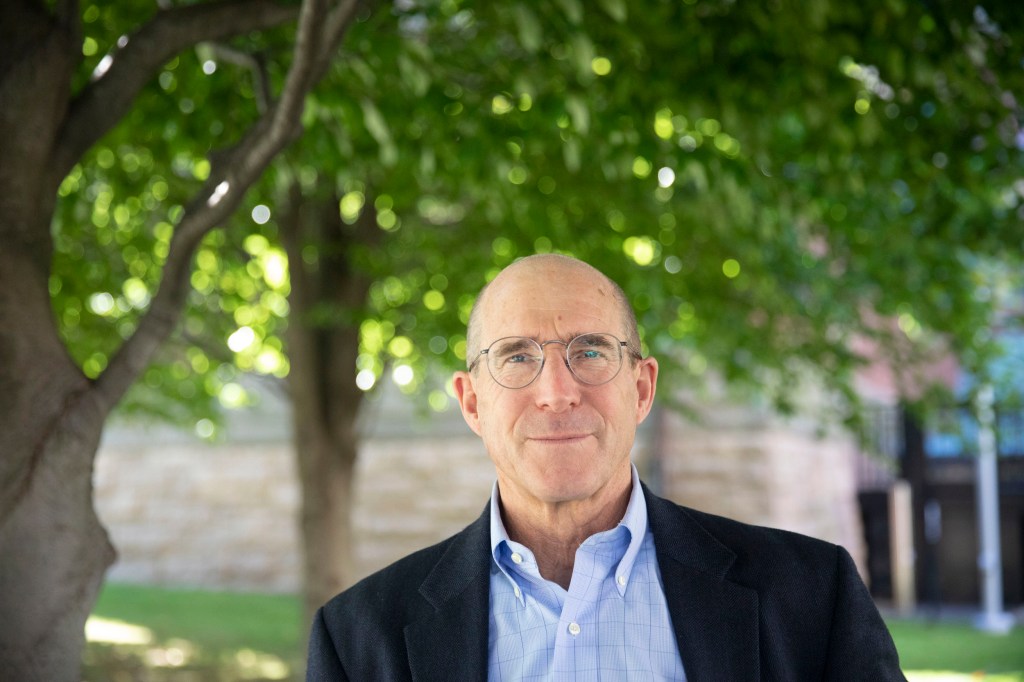
-
Brewery fit for a king
The remains of a 5000-year-old brewery found in the ancient Egyptian city of Abydos are providing insights into the relationship between large-scale beer production and the development of kingship in Egypt.
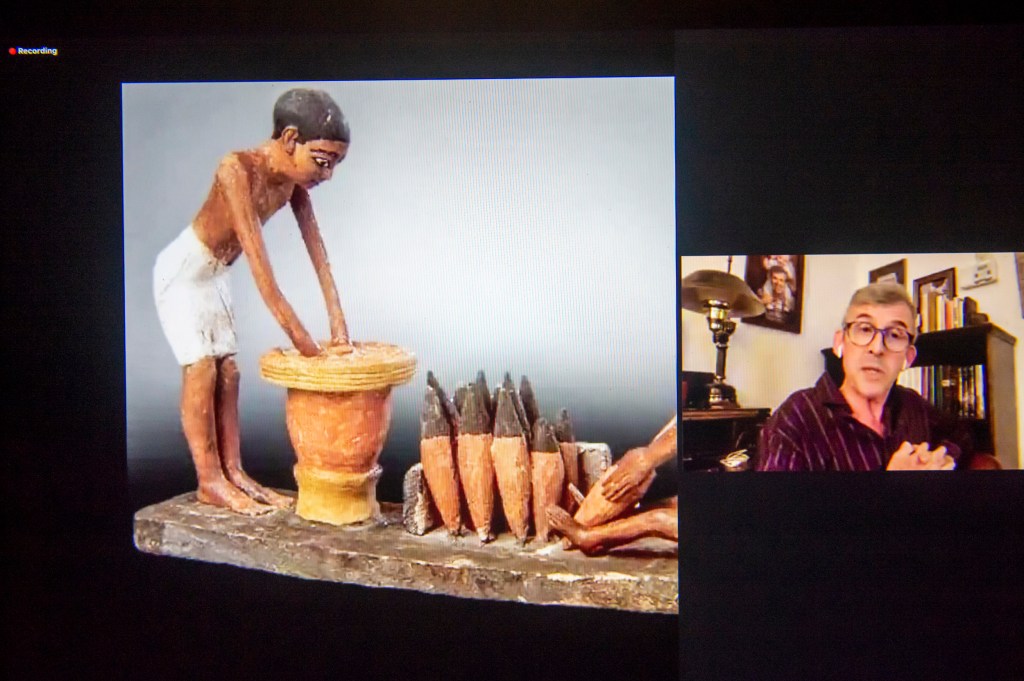
-
No one outruns death, but hunter-gatherers come closest
Our sedentary tendencies may be robbing us of a key benefit of physical activity.
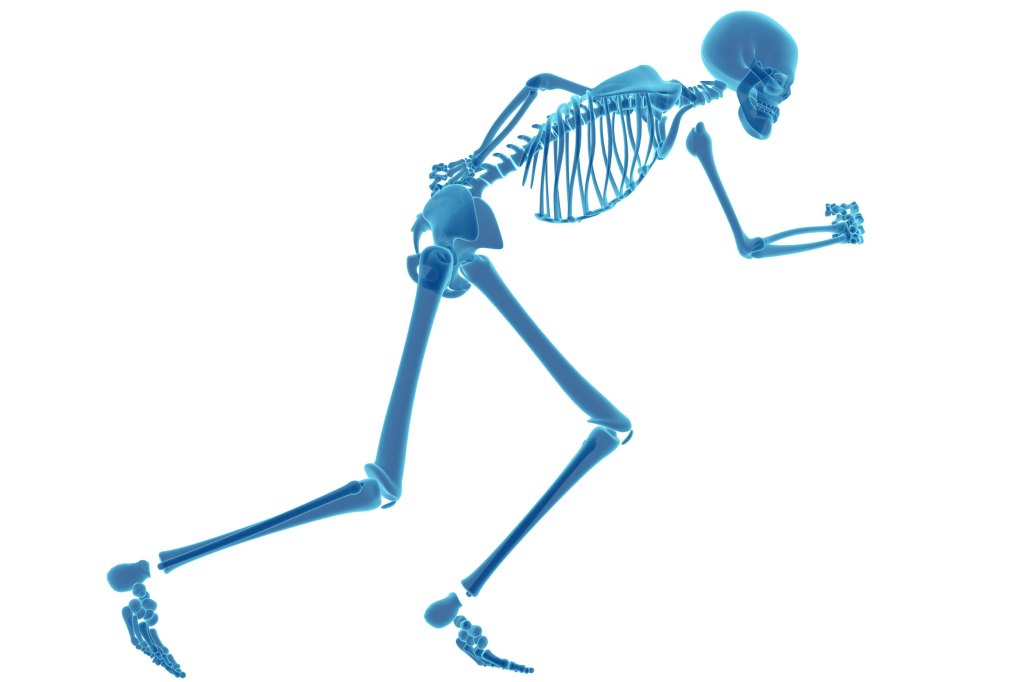
-
Future sound of a Beatles playlist: drip, drip, drip
In a new paper, Harvard chemists describe a data-storage method that uses mixtures of seven fluorescent dyes to save files.
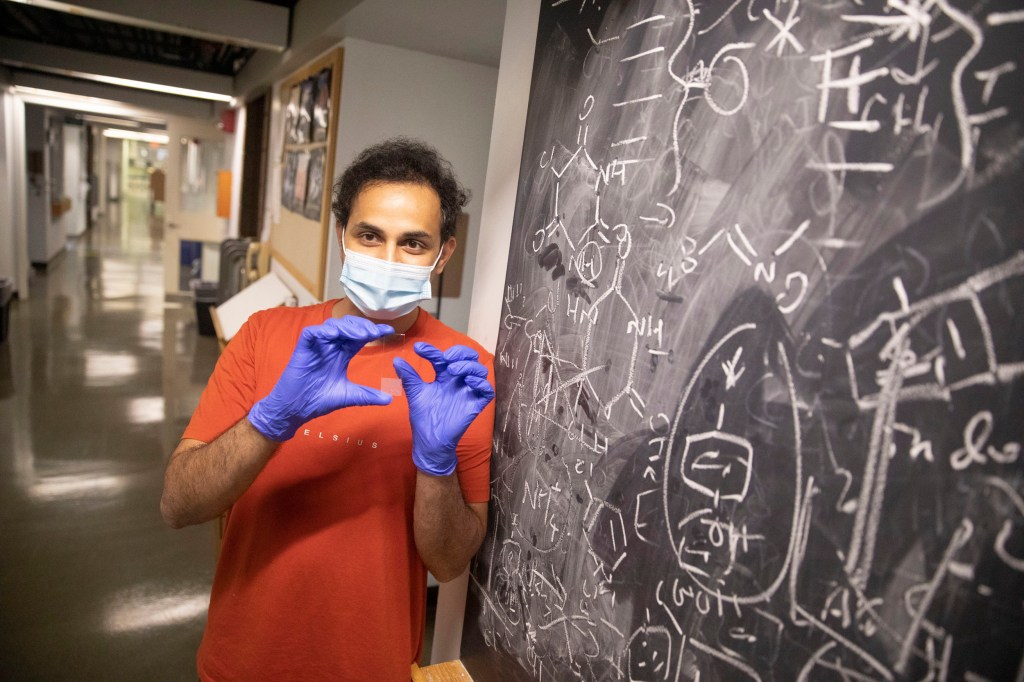
-
Massage helps injured muscles heal faster and stronger
Using a controlled massage system, researchers found that treatment led to greater repair and strength recovery in mice.
